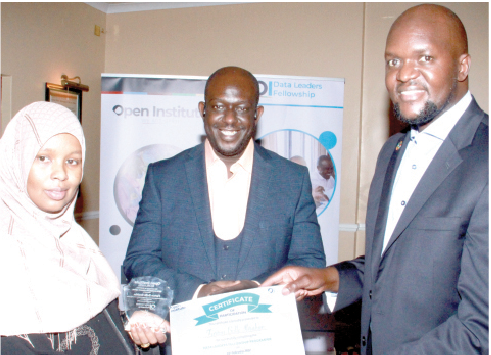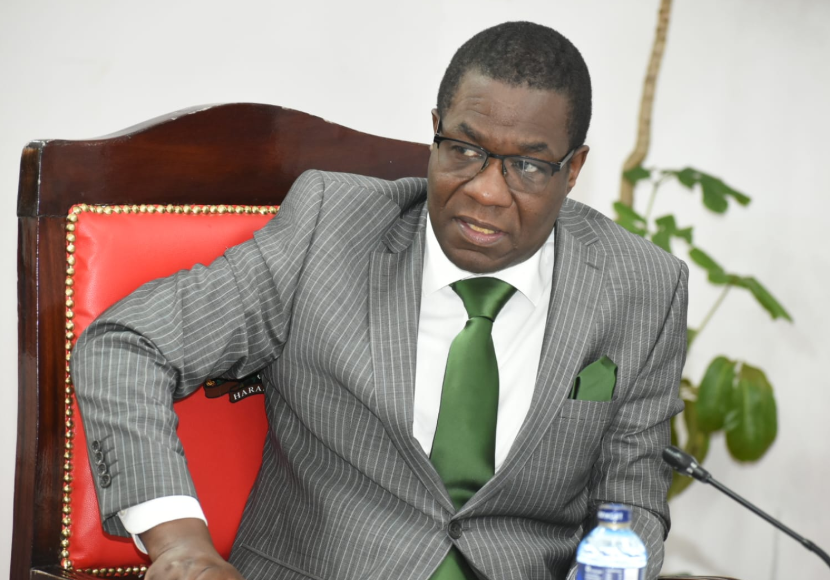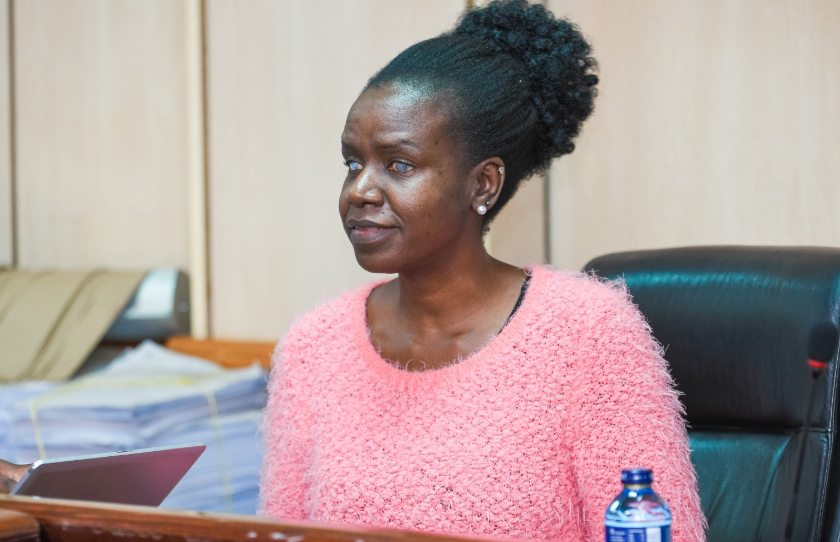Equipping county officials with data management skills

While data is now a critical asset to county governments, challenges arise in collecting, using and sharing it across their operations. Because of this, the Data Leaders Fellowship Programme was unveiled recently to help chief officers (COs) of data in counties to store, share, and sustainably manage data.
Under the programme, organised by Open Institute (OI), a non-profit organisation based in Nairobi that uses innovative ways to achieve sustainable development, eight COs gained skills and knowledge to develop respective county statistical units called data desks.
Al Kags, the executive director at OI, says they set up the fellowship in October 2021 in bid to reach more counties. The eight-week fellowship seeks to build capacity on data management and governance for effective decision making.
“We sent out invitations for COs in charge of Economic Planning from all 47 counties, and carefully selected eight of them from Nairobi, Makueni, Mandera, West Pokot, Nandi, Turkana, Samburu and Nakuru counties,” he says.
He adds, “The fellowship is structured to achieve a couple of important things: build their capacity for managing data for improved decision making and resource allocation in their counties and better reporting on Sustainable develoment goals (SDGs) and national objectives and to tap into their experience and knowledge to self-assess their counties’ strengths and weaknesses in the various aspects of the data value chain (from collection, curation, analysis all the way to decision making processes),” he explains.
Since data is crucial for development, the organisation aims at building data literacy skills and showcase how data can positively influence decision making.
“Counties will be able to have a centralised system that allows the public to access key information such as budgets, service delivery and use of devolved funds, which are critical to improving livelihoods,” he says.
Centralisation goals
Kags asserts that a data desk provides a framework where data personnel can collect, clean, upload and continuously update data to any online platforms and all its components.
“In essence, we prescribe the data desk model as a way to centralise the processing of data. For the desk to be truly beneficial, it should not be a stand-alone unit, but the data desk personnel must work closely with other county departments and external stakeholders,” he says.
He adds that over the years, they have been actively advocating for counties to develop their own statistical and data units that curate different statistics against citizen and household-level data.
“We have held that for a government to be properly responsive to citizen needs, such data is crucial. Our first data desk, established in Elgeyo Marakwet, was built on this same premise. Our expectation is that the COs will now be able to utilise the knowledge and skills gathered to set up data desks and functional statistical units,” Kags adds.
Davis Adieno, Programme Director at the Global Partnership for Sustainable Development Data (GPSDD), a global network that focuses on new opportunities of the data revolution to achieve Sustainable Development Goals (SDGs), says it is important to identify ways in which county governments can be supported to store, nurture, share and manage data sustainably.
“The data desk in counties will provide a way to monitor delivery of services to the citizens and an early warning system to review achievements of set targets. For the private sector, published county priorities help forecast potential opportunities. To the County Assembly, the rate of budget absorption can be monitored as a benchmark for determining the efficiency and effectiveness of the counties on the utilisation, implementation, formulation and execution of county budget,” he says.
Monitor service delivery
He adds that the power of data can support or challenge development: the role of data is not necessarily always to point a finger, but also to highlight good performance.
According to OI, the value of the data desk to the public, including the media, citizens and CSOs, is that it provides a way to monitor delivery of services to the citizens. For the private sector, published county priorities (in procurement plans for example) can help forecast potential opportunities while for other county departments or Service Delivery Units, the data desk can be an early warning system to review the achievements of set targets.
“Additionally, the data desk would potentially improve value for money for both national and subnational governments by increasing the quality and quantity of data, and using the data for key reports,” Kags says in conclusion.












